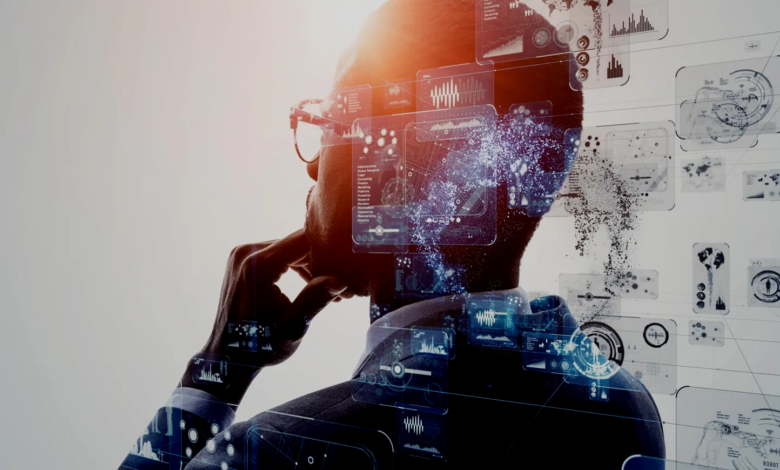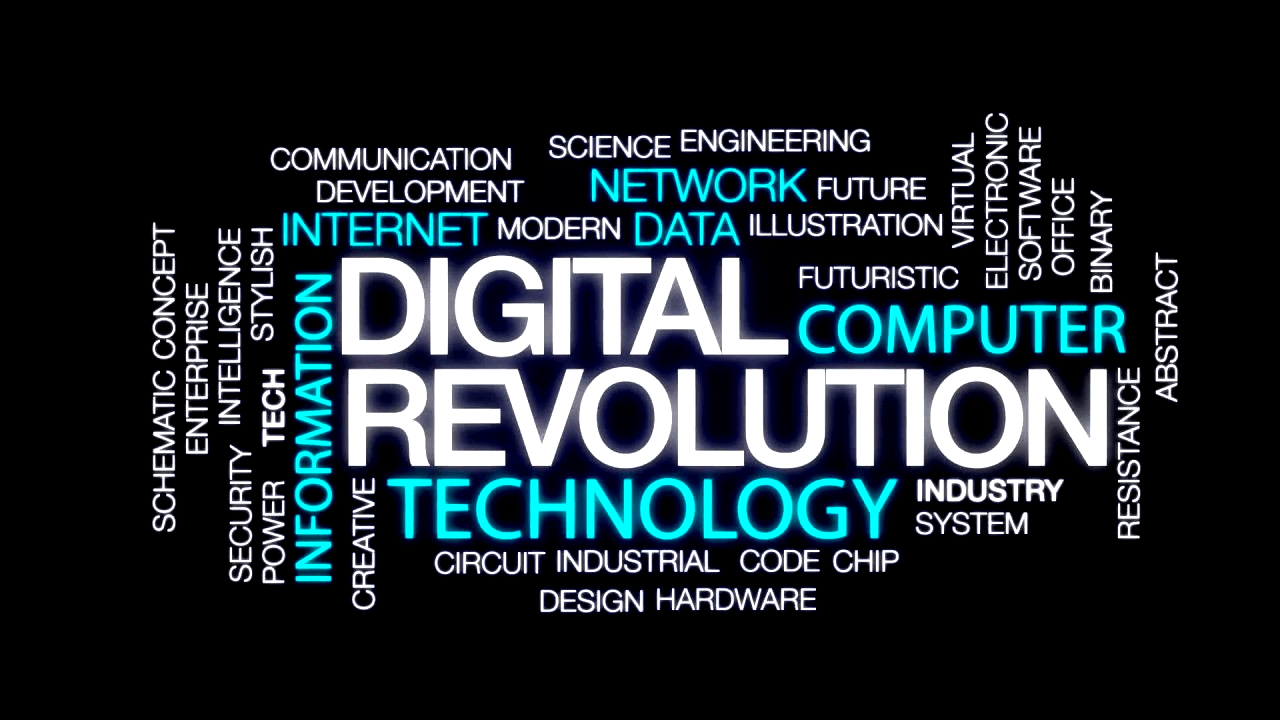Invest in your future with lifelong learning in the AI era.

Regardless of your thoughts on artificial intelligence, it’s undeniable that a new era of technology is dawning. The recent rapid development of ChatGPT and Invest in your future with lifelong learning in the AI era.
Lifelong learning in the AI era.
People have been afraid that robots will replace humans in the workforce for as long as artificial intelligence has been discussed in popular culture and media. Even if sentient AI is a long way off, it’s time to have an open discussion about the nature of labor in the future and how humans may adapt their skill sets to stay up with the times.

Thus, you’re in the proper place if you’ve ever been concerned about the sustainability of your sector or employment in an increasingly digital environment. We’ll look at how society has changed in the past to accommodate disruptive technologies, how to take use of artificial intelligence, and why lifelong learning can be the solution to your issues.
How has AI already impacted industries and job markets?
AI-related discussions have become more prevalent in the workplace, particularly in the last several months. But in what specific ways has AI altered the landscape of certain sectors and industries?
1. Loss of jobs
First, let’s address the most urgent problem. According to research done by Goldman Sachs, artificial intelligence may put up to 300 million jobs at risk. Though experts say it’s extremely possible, that doesn’t imply it’s happening right now.
But which particular occupations are under jeopardy? Alright, a good number. Because ChatGPT can report and write effectively on cues, media jobs—especially those involving content creation—are under peril. The technology news site CNET even acknowledged that during a three-month “experiment with automation,” they wrote over 70 articles using ChatGPT.
The following positions could also be in jeopardy: paralegals, analysts, designers, accountants, and customer service representatives. AI could be able to perform these duties more rapidly and effectively.
It’s important to note that human judgment is still very much needed in these tasks, hence AI alone is unlikely to do them. Consider CNET, which was forced to revise several of its AI-written stories after discovering errors. It is therefore much more likely that these dangerous vocations will just change to make way for AI.
Read More:Deskless Workforce Training Platform Opus Raises $6.8M in Series A Round
2. Automation of repetitive tasks
This point explains why some jobs are more vulnerable than others and is closely tied to the previous one. For many of us, particularly those who work in offices, a typical workday entails at least a few tedious and repetitive chores. These duties can now be automated by AI far more effectively thanks to recent advancements in the field.

AI can be used to automate a variety of jobs, including as developing code, grading resumes, hiring-related predictive analytics, and customer support (chatbots). According to Goldman Sachs, AI may automate 29% of computer-related job duties and 28% of healthcare personnel’ workloads.
3. Creation of new jobs
On to the bright side: the development of AI does not inevitably translate into a reduction in the number of jobs available for people. According to Gail Arnon, the CMO of Fiverr, an online platform for freelancers, artificial intelligence (AI) is opening up new career paths and opportunities for independent contractors since it reduces the time required for physical and analog labor, freeing up more time for creative and social duties.
However, what kinds of occupations are these new ones? Even though a lot of jobs will just change over time, more and more AI-related job postings are beginning to appear on employment boards. Prepare for a new breed of tech workers, from prompt engineers and AI trainers to integration managers and AI ethical specialists.
4. Rise in demand for soft skills
In certain domains, artificial intelligence is just not up to par.This includes soft talents; it’s unlikely that we’ll be complimenting AI on its emotional intelligence, networking acumen, or leadership qualities very soon.
This is our opportunity to profit from the changes that AI is bringing about in the workplace. Through acquiring and enhancing your soft talents, you can exhibit aptitude and promise surpassing the capabilities of artificial intelligence. Thus, the next time you’re considering how to advance in your job, stop and think about how effective your decision-making or communication abilities are.
5. Different skillsets required for jobs
If you operate in an environment where artificial intelligence has had an impact (which, let’s face it, most of us do), you will need to modify your skill set such that it complements AI rather than works against it. Everyone’s version of this will differ significantly, however it might be worthwhile to review your technical knowledge.
For instance, would learning to code be advantageous? Should you get proficient at using AI prompts? Or will knowing the basics of natural language processing (NLP) enable you to adapt well to your new normal?
If you ask the experts, on the other hand, they would tell you that soft skills are the most important.According to Microsoft’s latest Work Trend Index report, which was released earlier this year and included 31,000 respondents from 31 markets, the
6. Changes to the gig economy
AI will probably increase efficiency and lower costs for businesses in the gig economy, but this will have an impact on freelancers who depend on the gig economy for a living. When AI automates these tasks, humans may lose their jobs and find it difficult to locate well-paying employment.
For workers in the gig economy, there are still certain advantages. Worker matching to projects and jobs that align with their interests and skill sets will be made easier by AI-powered algorithms.
How has society coped with disruptive innovations in the past?
Because of these new breakthroughs in AI, you may be concerned about the future of work—or the future, period—but remember that society has already evolved to flourish in radically diverse environments by simply learning and adapting.
So let’s explore some historically significant inventions that revolutionized industries and remind ourselves that people may upskill and reskill in response to technological improvements.
The first industrial revolution: Rise of urban society
Throughout the 18th and 19th centuries, rural, agrarian communities in North America and Europe underwent industrialization. Many people who had been farmers in the past saw that factories and equipment were taking over their land.
But many workers reskilled to become industrial workers, mechanics, smiths, textile workers, and miners in the face of all this change. Pay increases coincided with a sharp acceleration of economic expansion. Of course, new issues like pollution and subpar living circumstances also arose, but the nature of employment only changed with the times.
The second industrial revolution: Electricity and mass production
The second industrial revolution occurred between 1870 and 1914. During this time, significant technological advancements like the telephone and lightbulb were made, along with a massive development in already established industries like steel and oil.
Similar to the first revolution, there were brief job losses. However, these were brief. New technologies brought with them the creation of new jobs, many in the transportation, steel, energy, and telecommunications sectors. Employees improved as a result of matching their knowledge and abilities to the requirements of their new realities.
The third industrial revolution: Digital revolution
We’re moving into more recognizable ground with the advent of the digital revolution. The transition of technology from being mechanical and electronic to entirely digital is represented by this time frame. The computer and the Internet are examples of advancements from this era.

Many thought that life as they knew it, including their careers, had ended with the invention of the Internet. They were partially correct—since the advent of the Internet, nothing has been the same—but the digital revolution has produced thousands of new jobs. This resulted in workers reskilling to meet the need for these new jobs and new skills becoming in-demand, such typing and coding.
The fourth industrial revolution: Advanced technology becomes embedded in society
We’ve arrived at the present, where the fourth industrial revolution is presently taking place. The current era is basically a continuation of the digital revolution, except this time, technology is becoming much more ingrained in human society.
AI, quantum computing, nanotechnology, the Internet of Things, and autonomous cars are a few examples of cutting-edge, developing technologies from this revolution.
While there are undoubtedly a great deal of ethical and societal issues to be resolved in light of this wave of technological innovation, history has repeatedly demonstrated that when we acquire new abilities, our working life can withstand significant change.
How to thrive in an AI-driven world and fast-track your personal and professional development
What steps can you take now, then, to secure your place in the increasingly AI-driven world of today’s workplace? Upskilling is a good place to start, especially in the area of soft skills. Soft skills are expected to become superpowers for anyone looking to build a name for themselves in the workplace, as we have discussed.
What else should you do, though, to get ready? We’ve provided some excellent advice below to assist you overcome any impending obstacles.
- Learn to use AI prompts.AI is going to be used by everyone to make their life simpler at work, so you might as well embrace it. You’ll probably make an impression at work if you start learning how to take advantage of AI prompts.
- Automate your own repetitive tasks. You’ll have more time to work on the things that interest you if you can get AI to automate repetitive and mundane duties at work, regardless of how much less time you spend studying, writing, analyzing, or planning.
- Find job roles that tick all of your boxes. Are you dissatisfied with your job right now? AI can help you locate employment that align with your interests, experience, and skill set. Additionally, it can assist you with automating job applications, polishing your resume and cover letter, and getting ready for interviews.
- Build strong relationships. AI will never be able to imitate human connection, so you should make the most of it. Make connections with people who can further your career and provide you access to a wealth of chances by using your social skills and networking abilities
Lifelong learning as an antidote to ever-evolving market demands
Accepting lifelong learning may be the best thing you can do to get ready for an AI-powered world. Life is moving at a faster rate than it has in the past, and this trend doesn’t appear to be changing.
“The development of AI represents the most recent iteration of the constantly changing demands of the labor market,” states FutureLearn Chief Operating Officer Vitaly Klopot.

“In order to meet these growing demands, it is more important than ever to engage in lifelong learning, upskilling, and reskilling, as a “career for life” is no longer a reality.”
“Lifelong learning can be the key to unlocking your potential, whether you’re focusing on specific development goals like learning soft skills and increasing digital literacy or reskilling to meet the demands of an entirely new profession.”










